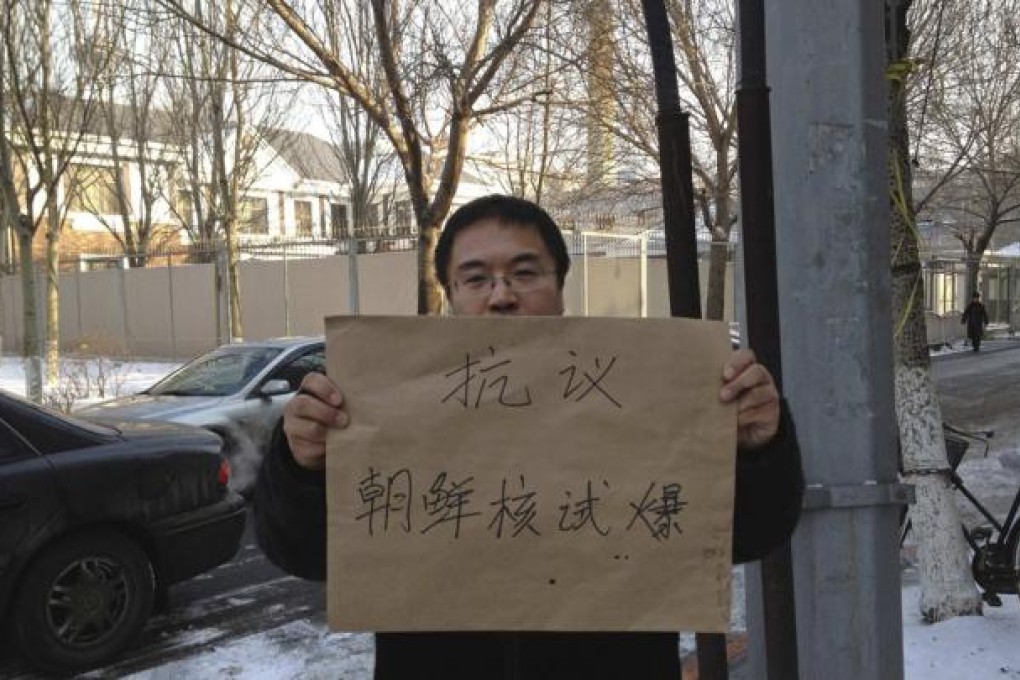For China, nuclear test is one provocation too many
Yun Tang expects Beijing to cool relations with North Korea

North Korea's third nuclear test poses the first diplomatic and security challenge for China's leadership under Xi Jinping, while triggering heated debates in the West on Beijing's possible moves.
For China, Pyongyang's action was shockingly flagrant. The underground explosion was conducted near the Chinese border, generating a 4.9-magnitude earthquake, which startled residents in neighbouring Jilin province.
China's national security was threatened. But it has no effective leverage to deal with the recalcitrant neighbour; Beijing is caught between the two unfavourable outcomes of its Pyongyang policy.
First, tightening the rope of UN sanctions could well push Pyongyang into the arms of the United States. It should be noted that North Korea informed the US, along with China, before detonating the bomb. Obviously, one purpose was to use the nuclear device as a bargaining chip for direct negotiations with Washington, to gain international recognition, or aid.
Second, if Beijing were to accept Pyongyang's provocation, it could spark the nuclear armament of South Korea and Japan. Pyongyang's bellicosity has already precipitated substantial discussions of a missile defence system involving the US, Japan and South Korea, which Beijing has vehemently opposed.
The nuclear test marks the beginning of the end of the comradeship between Beijing and Pyongyang. In fact, the two have long been at ideological odds because the Chinese are deeply averse to the anachronistic policies of the bleak Orwellian kingdom.
Therefore, expect an overhaul of China's policy on North Korea. As the new Chinese leaders have been more assertive in defending Chinese interests, a new start in China's Pyongyang policy is widely deemed inevitable after Xi becomes president next month.
